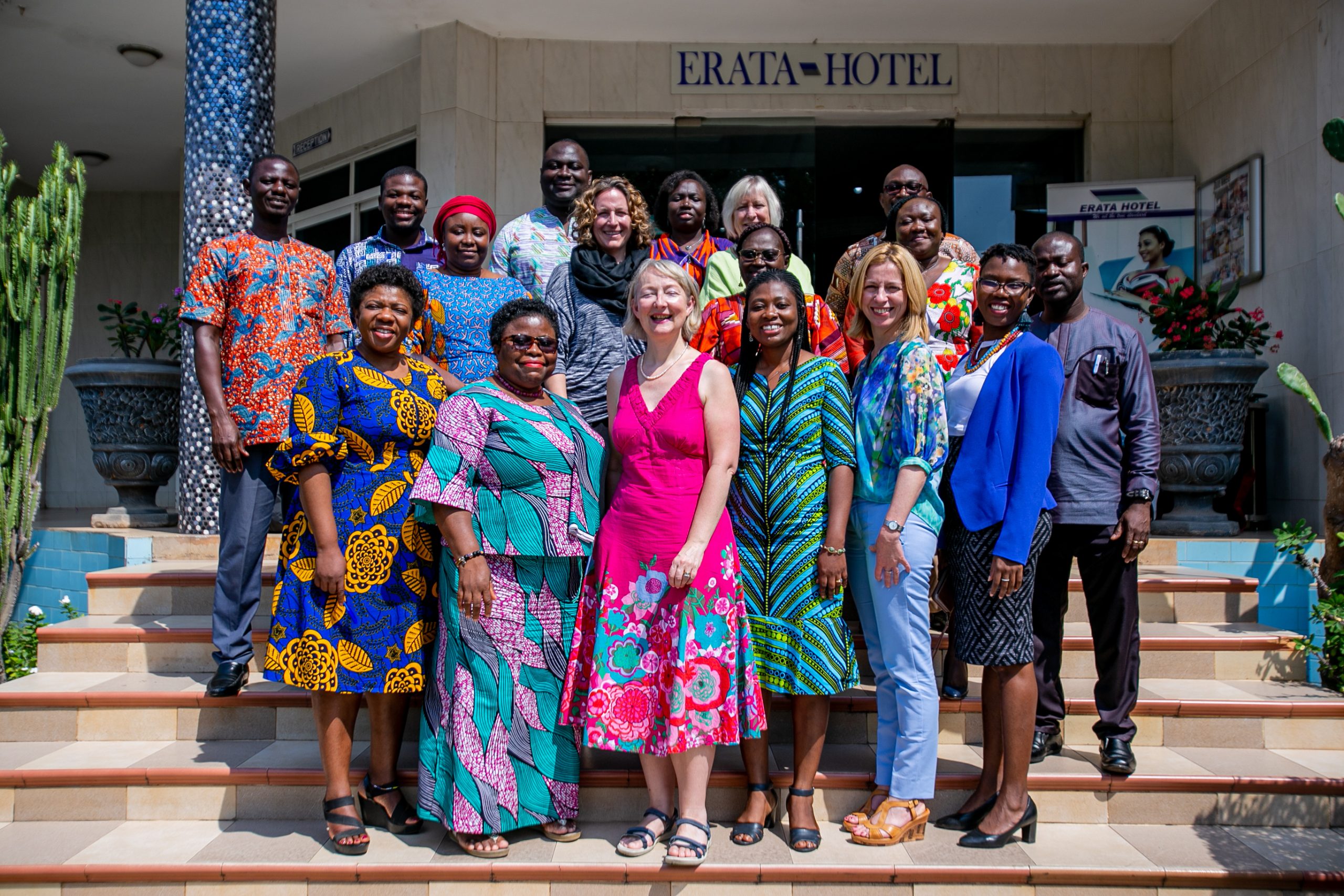
This project develops knowledge and understanding of migrants’ decision-making in the context of shifting migration regimes, focusing on highly skilled healthcare professionals (HCPs), such as doctors and nurses. Migration regimes globally are in flux as governments respond to multiple challenges. A common challenge across high-income countries (HICs) is plugging labour-market gaps. Healthcare represents one sector with significant current and future labour demand. Increasingly countries are engaged in a ‘global race for talent’ to attract highly skilled HCPs.
Understanding what matters to migrants themselves – i.e. what underpins their decision-making – is a critical, yet overlooked, dimension for governments in destination countries to consider as they re-work their migration policies. It is also important for governments in countries of origin. These predominantly low- and lower-middle-income countries are experiencing significant shortages of HCPs, partly because of outward migration. This jeopardises their capacity to meet their own populations’ healthcare needs and to achieve the UN’s Sustainable Development Goals (SDGs).
Selected outcomes
Policy Input
- UoG team, Internal health professional migration, Ministry of Health
- UoG team, Social remittances and returning healthcare professionals, IOM, Ghana
Scholarly events
- Migrants’ Decision-Making in the Context of Shifting Migration Regimes: Highly Skilled Health and Social Care Professionals, University of Sheffield, 13-14 June 2019, All project partners attended and presented papers, joined by external stakeholders.
- Ghanaian research and policy agendas, University of Ghana, 26-27 November 2019, 4 project teams attended. Academic papers were presented and policy roundtables were held.